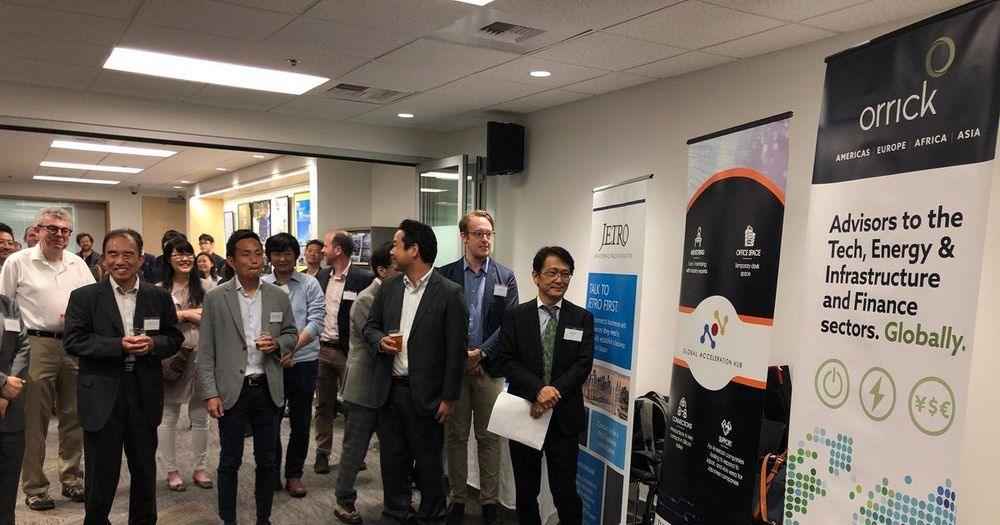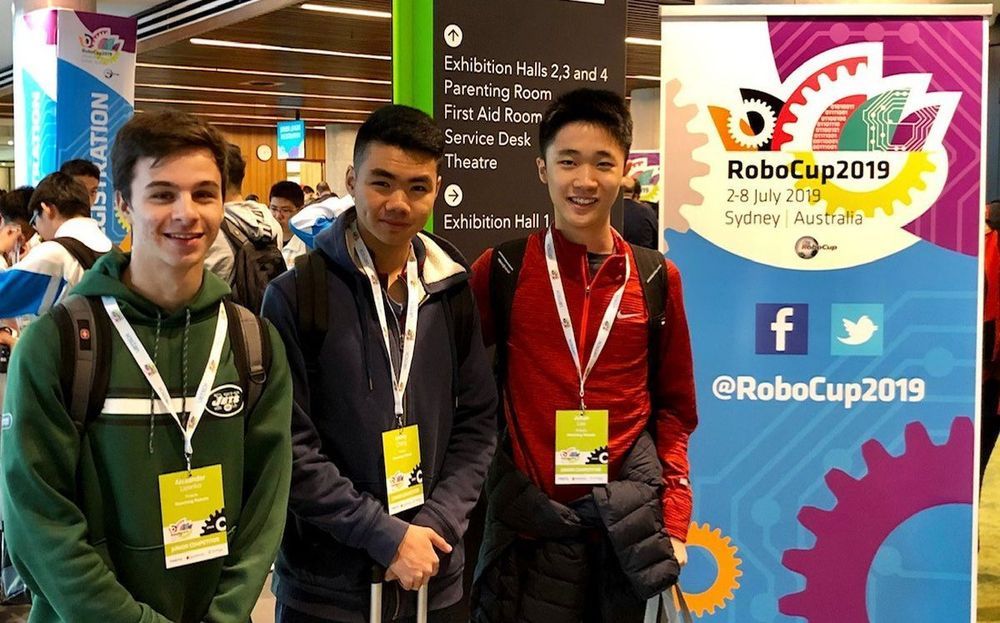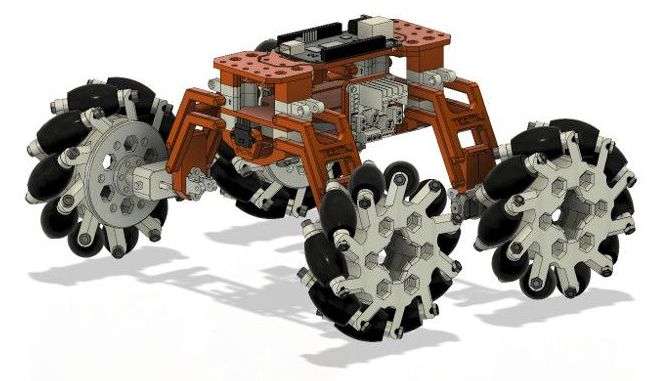Jul 28, 2019
AI event in Seattle brings together Japanese companies and U.S. innovators
Posted by Genevieve Klien in categories: business, economics, ethics, governance, robotics/AI
Seventy-five people filed into a Washington State Convention Center meeting room Wednesday to hear about the latest advancements in artificial intelligence. In a pitching session reminiscent of a speed-dating event, about 10 Northwest startups hurriedly shared their accomplishments and aspirations with Japanese investors eager to stoke business relationships.
Master of ceremonies Tom Sato, co-founder of Kirkland-based investing firm Innovation Finders Capital, lightened the mood by cracking jokes as he translated the English-speaking founders’ business plans into Japanese, cautioning the attendees that he faced a challenge: “I have to understand what the hell they’re talking about.”
The A.I. Age | This 12-month series of stories explores the social and economic questions arising from the fast-spreading uses of artificial intelligence. The series is funded with the help of the Harvard-MIT Ethics and Governance of AI Initiative. Seattle Times editors and reporters operate independently of our funders and maintain editorial control over the coverage.


















